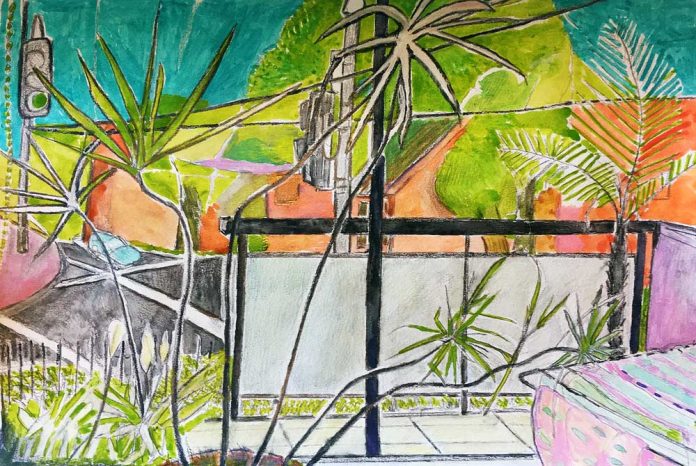The Covid-19 pandemic has produced and exacerbated feelings of loneliness but people are finding creative ways to cope. From virtual dinner parties, dance offs, art and exercise classes to online karaoke sessions and movie nights, people are connecting and supporting each other.
Dr Glen Hosking, a clinical psychologist and lecturer at Victoria University, said that coping with feelings of loneliness begins by accepting them as a normal reaction to the current situation.
“People are experiencing this massive shift in their day-to-day lives and how they go about their day-to-day lives. They’re not connecting or are unable to connect with people the way they normally would,” he said.
Over one weekend, he attended a virtual dinner party with his friends, where they all shared a recipe, cooked the same meal and enjoyed it together over video chat.
“They’re good things because it’s a task that involves preparation, thus it involves someone doing something and achieving something and then connecting with others in doing so,” he said.
Developers of Dial Up app have added a feature called Quarantine Chat that enables people to receive calls from strangers who are also staying at home.
“While people can still talk to their friends and family virtually, the experience of spontaneously talking to a stranger is now missing from many of our lives,” the website said.
For people who don’t have access to technology, some older people for example, Dr Hosking said telephone calls are still helpful, but he would like others to take the initiative to send them letters and gifts.
“I would certainly encourage people to make every effort to connect with the older population … these kinds of things really make a difference for people when they’re experiencing that sense of loneliness at this time.”
Loneliness often brings with it a decline in mood, which leads to a decline in motivation and can make it harder for people to reach out.
“Sometimes that means a person has to force themselves to do things, and force themselves to connect with others,” Dr Hosking said.
“We find that once they’ve started that or completed that, the impact on their mood and anxiety is actually pretty good.”
But sometimes additional help may be required.
“When they notice big shifts in things like self-care or showering … if there’s a real shift in their day-to-day functioning, then that would be a good indication that seeking some professional help would be necessary,” he said.
To begin with, people can contact organisations such as Beyond Blue and Lifeline, and then speak to their general practitioner about organising a session with a psychologist.
_______________
Beyond Blue 1300 22 4636
Lifeline 13 11 14





